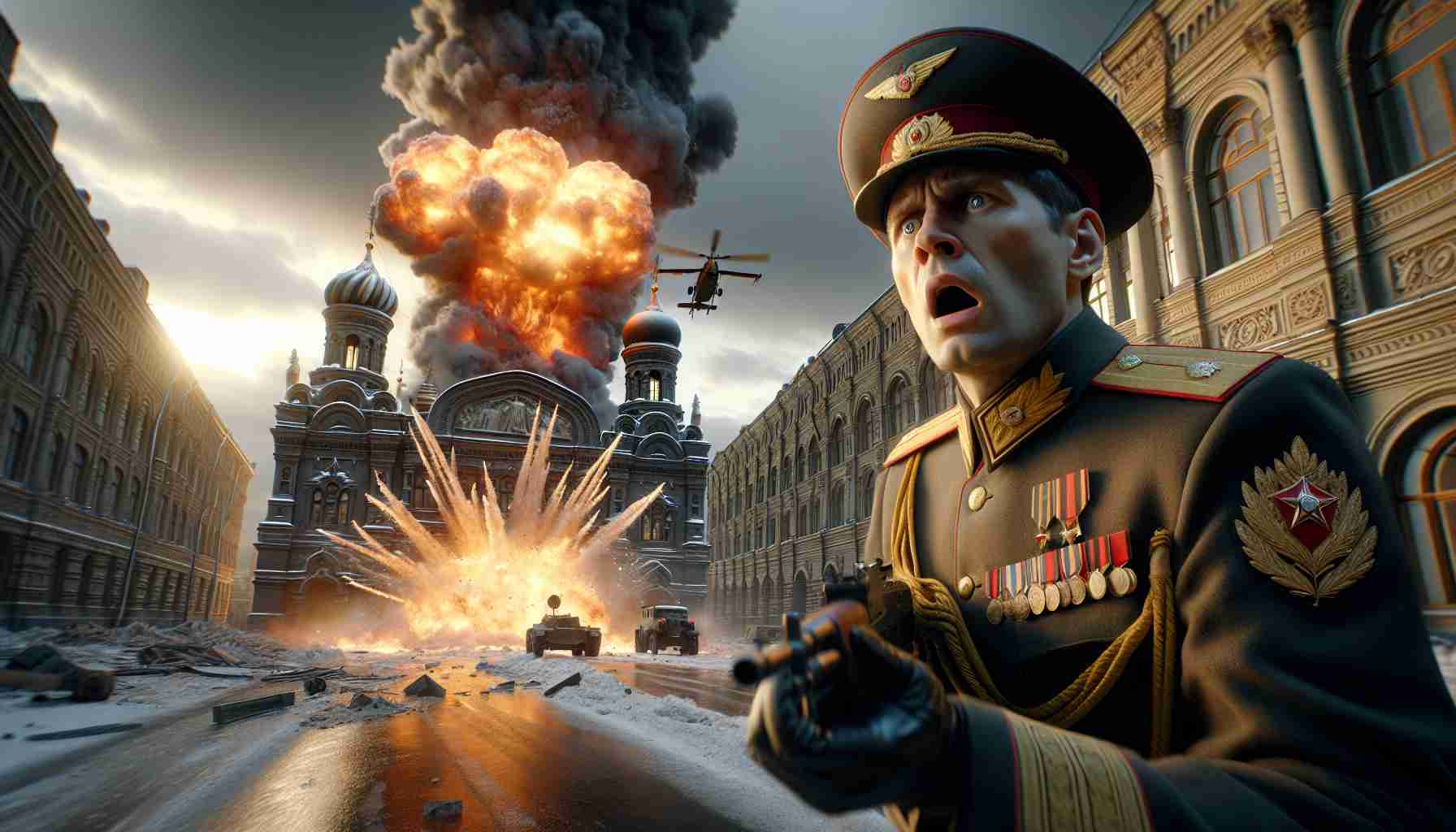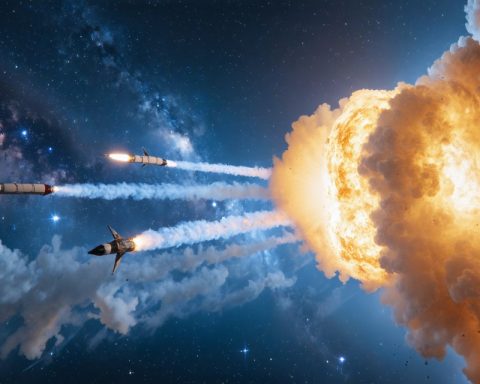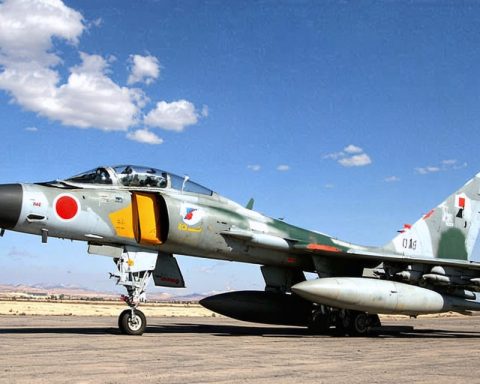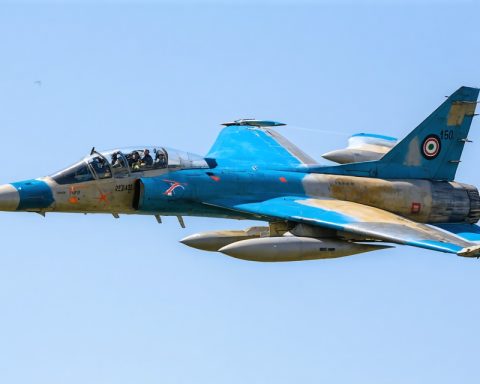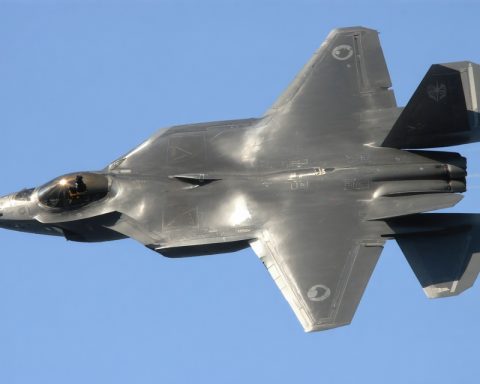In a shocking turn of events, a high-ranking Russian general known for his command over the nation’s radiation, chemical, and biological protection forces has been tragically killed in an explosion in Moscow. The Russian investigative committee announced that Lieutenant General Igor Kirillov met his demise outside a residential building on Ryazansky Prospekt, a location just a few kilometers from the Kremlin.
Deadly Device Concealed Inside Scooter
Authorities revealed that the explosion was triggered by a device ingeniously concealed within an electric scooter. The blast not only claimed Kirillov’s life but also that of his assistant. This incident follows recent accusations by Ukrainian prosecutors, alleging that Kirillov had deployed banned chemical weapons in the ongoing conflict in Ukraine.
International Sanctions and Controversy
Lieutenant General Kirillov had faced international scrutiny, with the UK imposing sanctions against him this October. These measures were in response to his reported use of riot control agents and incidents involving the toxic choking agent, chloropicrin, in Ukraine. The general had held his position since 2017 and was a prominent figure within the RKhBZ, Russia’s specialized troops trained to operate under hazardous conditions.
Scene of Investigation
Images circulated by Russian Telegram channels depicted the grim aftermath—a building’s entrance reduced to debris and two lifeless bodies in the snow. Russian news agencies reported that a full-scale criminal investigation is underway, with investigators and forensic experts meticulously examining the site along with emergency service teams. The tragic event has sent shockwaves through the nation and the international community.
Explosive Incident in Moscow: New Security Measures and International Ramifications
In the wake of the fatal explosion in Moscow that claimed the life of Lieutenant General Igor Kirillov, commander of Russia’s radiation, chemical, and biological protection forces, new insights have emerged concerning the security landscape and international ramifications tied to this event.
Security Innovations and Measures
The incident has sparked discussions about the potential vulnerabilities posed by everyday objects being converted into explosive devices. In response, Russian authorities are now considering the implementation of more stringent security measures, particularly in metropolitan areas like Moscow. Innovations in surveillance and inspection technologies, such as enhanced scanning equipment for public transportation and urban areas, are reportedly being prioritized to deter similar incidents in the future.
International Legal and Political Implications
The international community has responded with heightened scrutiny, given the General’s previous allegations involving chemical weapons. This attack comes amid escalating tensions between Russia and Ukraine, amplifying the legal and political debates surrounding the use of banned substances in warfare. The incident has intensified calls for comprehensive international treaties to regulate and enforce stricter bans on chemical weapons, potentially influencing future diplomatic negotiations.
Market Analysis of Defense and Security Technologies
The explosive tragedy has also influenced significant movements within the global defense and security markets. Demand for advanced EOD (Explosive Ordnance Disposal) technologies and training programs is expected to rise as nations look to bolster their anti-terrorism measures. Countries are increasingly investing in state-of-the-art security technologies, including AI-driven surveillance systems and automated threat detection processes.
Predictive Insights on Global Security Postures
Experts predict a shift towards a more fortified global security posture, with nations revising their defensive strategies in light of unconventional warfare tactics. As geopolitical tensions persist, there may be an increased focus on developing international coalitions to counteract the threats posed by chemical and biological weapons.
For more information on global defense strategies and insights, visit Defense News or Deutsche Welle.
Closing Thoughts
This tragic event serves as a stark reminder of the changing nature of global security threats, prompting a reevaluation of both domestic security apparatuses and international regulations. The investigation continues, and its findings could permanently alter the global discourse on safety and defense.
